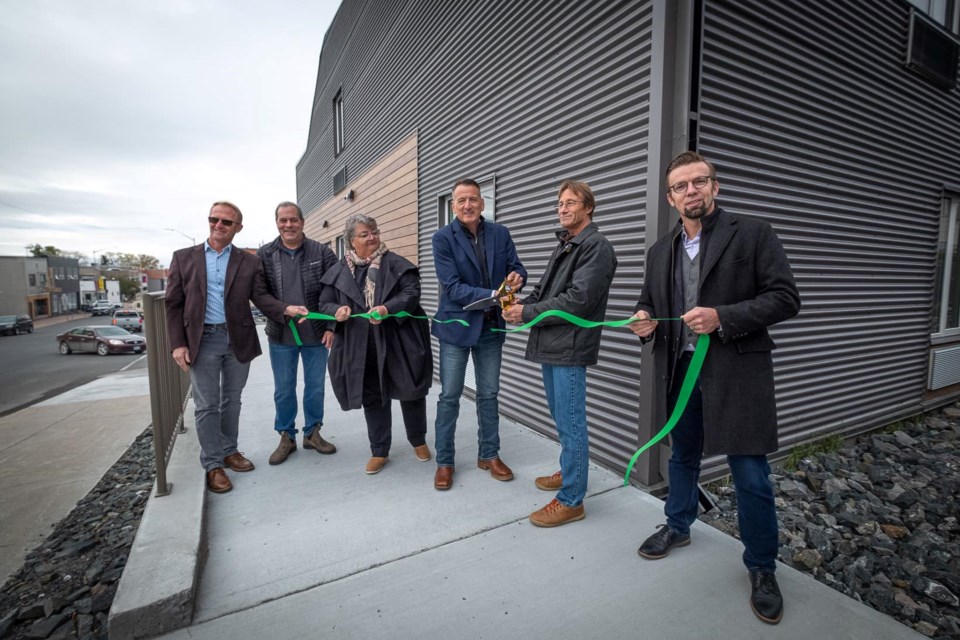KENORA – Ontario’s westernmost city has made significant progress in affordable housing, according to its mayor and the head of the Kenora District Services Board (KDSB).
The city benefits from a recently completed 20-unit affordable housing project and a nearly completed 56-unit seniors complex, Mayor Andrew Poirier said in an interview at Kenora City Hall.
The 20-unit Matheson Street project, which includes four abodes that are barrier-free and fully accessible, opened last fall.
The Matheson complex demonstrates that “when communities in the North are empowered we can actually get housing done and build relatively quickly,” KDSB chief administrative officer Henry Wall said last October after a ribbon-cutting ceremony at the site.
Construction of a 56-unit seniors complex at 8th Avenue S. and 8th Street S. commenced in late 2022. In addition to independent units for seniors, the complex will include dedicated health spaces for a range of specialized services and supports.
Paul Calandra, the province’s long-term care minister, said in announcing funding for the project that it presented “an innovative way to help seniors who want to continue living at home and avoid admission into long-term care or hospital, but need support to do that.”
Construction of the complex is on track for completion this summer, Wall said last week.
Poirier said the seniors complex will give elder Kenora residents another option for independent living and free up housing for other people.
“Some of the people that are going to be going in there are also going to be selling houses, and that adds a stock of houses to the market – which helps with the other piece of our housing continuum, that people can’t find houses,” he said.
Farther north in the city, the KDSB is working with Ontario Aboriginal Housing Services on a 30-unit supportive housing project behind the Kenora Armories.
“It’s been in construction for quite some time, but its substantial completion is nearing and I know the teams are preparing for programming and getting ready to start moving people in,” Wall said.
The project will “help move people from homelessness into supportive housing,” he said.
WNHAC – Waasegiizhig Nanaandawe’iyewigamig Health Access Centre – will deliver the project’s “full wrap-around supports,” he added.
The centre describes its purpose as “to foster healthy Indigenous people, families and communities through traditional and contemporary health care encompassing mind, body, heart, and spirit.”
WNHAC’s website says the supportive housing will “guide and help those in our program through their healing journey by providing safe housing.”
